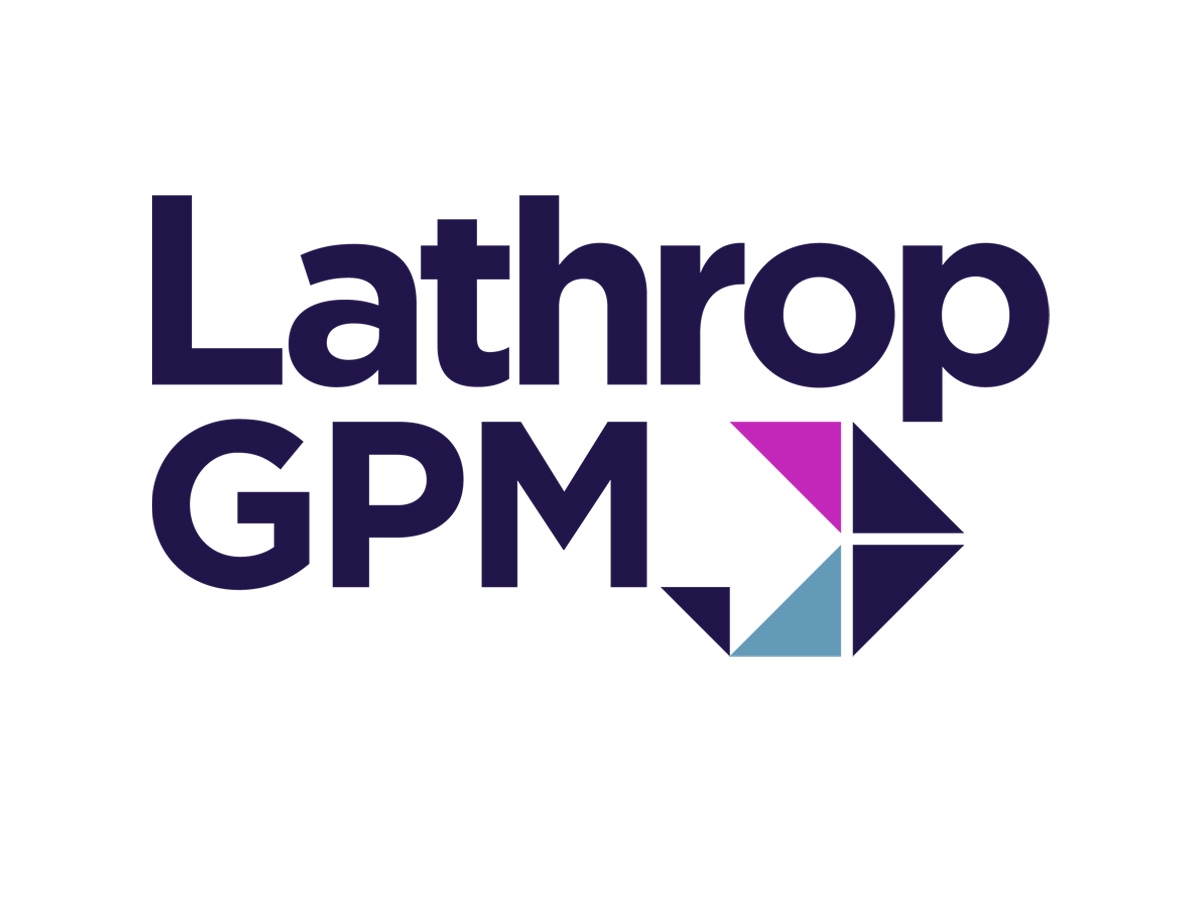Hiring Suleyman Extends Microsoft’s AI Lead
Microsoft makes another bid for A.I. supremacy
The heavyweight fight to dominate artificial intelligence just entered a new round. Microsoft has poached an A.I. pioneer just as Apple and Google discuss forming a united front to make up lost ground.
The latest maneuvers add serious firepower to Microsoft’s bid to lead in artificial intelligence. But they could lead to more regulatory scrutiny into the company’s deal making in this high-stakes sector.
Microsoft hired a former Google executive to run its consumer A.I unit. Mustafa Suleyman co-founded DeepMind, a British start-up that was acquired by the search giant in 2014 and became the heart of its A.I. push. He left in 2022 and started Inflection AI with Reid Hoffman, the LinkedIn co-founder, raising billions — including from Microsoft.
The tech giant also hired most of Inflection’s employees, including the chief scientist Karén Simonyan.
The hires are another big win for Satya Nadella, Microsoft’s C.E.O. When he took over in 2014, Microsoft was on the cusp of technological irrelevance. Nadella has rebooted it — one reason he’s been able to do the big A.I. deals.
Microsoft’s A.I. strategy is heavy on deal making. It has invested $13 billion in OpenAI and signed a partnership with the French start-up Mistral. Both start-ups are using Microsoft’s cloud computing platform to build their large language models. In exchange, the Windows maker is deploying their services in its own offerings.
Inflection, under a new C.E.O., will license tech to Microsoft and pivot from its personalized chatbot assistant to working with business customers.
Regulators are looking into the OpenAI and Mistral deals — and hiring Suleyman could raise more questions. Microsoft may be hoping that its focus on signing partnerships (rather than acquisitions) would give it some cover.
The F.T.C. announced in January that it was investigating strategic investments in the sector that appeared intended to get around regulators.
Suleyman’s previous musings on A.I. could prove awkward. In his book “The Coming Wave,” Suleyman warns that A.I. is an existential threat and that governments need to regulate it.
And he told DealBook in an interview last year that big companies could struggle to advance revolutionary technology in a way that’s good for the bottom line and society.
Nadella may have convinced Suleyman that he could balance those competing needs. Suleyman is clearly a fan of his new boss: “People like Satya are very forward-thinking about these things and definitely lean into the responsibility that the companies have to do the right thing,” he told DealBook last year.
HERE’S WHAT’S HAPPENING
Intel wins up to $8.5 billion in U.S. chip subsidies. The funding from the CHIPS Act, along with $11 billion in loans and billions more in tax credits for Intel, is meant to help bolster domestic semiconductor production and is expected to be announced on Wednesday. Separately, the Biden administration is reportedly weighing sanctions on firms linked to Huawei, the Chinese tech giant, after it achieved a semiconductor breakthrough despite facing sanctions, according to Bloomberg.
Major Republican donors are flocking back to Donald Trump. Hosts for the April 6 fund-raiser set to be held in Palm Beach, Fla. include the financiers John Paulson, Howard Lutnick and Robert Mercer, as well as the oil mogul Harold Hamm. Separately, the former president asked the Supreme Court to rule that he has absolute immunity from charges related to his efforts to subvert the 2020 election.
Wall Street bonuses dipped last year, a new report finds. The average check fell 2 percent from 2022, to $176,500, according to Thomas DiNapoli, New York State’s comptroller. (European bank bonuses were down, too.) That reflects the securities industry’s lower profits, but it also means less money for New York State, which draws 27 percent of its tax revenue from Wall Street.
What to watch on Fed decision day
This month, Jay Powell, the Fed chair, told senators that an interest-rate cut would be “not far” away. But Wall Street is largely in agreement that Wednesday, at the conclusion of the central bank’s latest rate-setting meeting, isn’t that day.
Even with rate cuts probably off the table for now, there’s plenty at stake. Here are three big questions:
Does the Fed see three cuts this year, or just two? The Fed will give a new interest rate projection, its first since December. Back then, its policymakers foresaw three cuts this year, and that’s where economists more or less stand today.
But a string of hotter-than-expected inflation reports have forced some economists to dial back their predictions to two. Will the Fed follow suit?
When would the first cut come? The futures market this morning is factoring in a 60 percent chance that the Fed will announce that it is lowering its prime lending rate in June. But some Fed officials, including Loretta Mester, the Cleveland Fed’s president, have urged caution about going too soon.
They would like more evidence that inflation and the jobs market are cooling before reducing borrowing costs.
When will the Fed start shrinking its $7.5 trillion balance sheet? The central bank rapidly expanded its holdings in the early days of the coronavirus pandemic, when it bought up bonds and other securities to bolster markets.
Powell is likely to be pressed on the Fed’s plans to reduce that portfolio, with any answer sure to be closely scrutinized by investors.
National security weighs on an ammunition deal
Deal makers are increasingly wary of national security concerns affecting more corners of M.&A., including an American industrial icon and British conservative publications.
They’re also weighing on firearms companies, in the proposed sale of Vista Outdoor’s ammunition business for $1.9 billion.
The context: Vista, which owns ammunition brands like Remington and Federal, has agreed to sell its ammo business to the Czechoslovak Group, a Prague-based defense conglomerate. That would leave behind Vista’s non-firearm brands — including CamelBak water bottles and Fox Racing mountain bike gear — as a publicly traded company.
But MNC Capital, an investment firm associated with Mark Gottfredson, a former Vista board member, has made a $2.9 billion takeover bid for all of the company. Vista has rejected that offer, saying that it is worth less than the planned breakup of itself.
MNC is hoping that national security concerns will give it leverage. Vista and CSG referred their transaction to the Committee on Foreign Investment in the United States, the federal interagency panel that reviews certain investments by overseas buyers in U.S. companies. (As an American firm, MNC isn’t subject to a review by the committee.)
Conservative commentators have come to MNC’s defense. Mike Pompeo, a former secretary of state, and Senator J.D. Vance, Republican of Ohio, have called out questionable dealings by CSG over the years, including whether it violated a voluntary embargo on arms exports to Azerbaijan.
CSG, which has previously disputed the Azerbaijan accusations, didn’t respond to a request for comment. Vista has said that it remains “confident in our ability to receive all necessary regulatory approvals, including with respect to CFIUS.”
There’s a more tangible issue for CFIUS to consider. Vista, along with Winchester and the CSG-owned Fiocchi, is a dominant producer of primers (essentially the propellant in ammo) and shotgun shells in the U.S.
Dwindling supplies of military ammunition since Russia’s full-scale invasion of Ukraine have become a matter of increasing concern to the Pentagon.
What comes next: CFIUS notified Vista and CSG on Feb. 12 that it was taking 45 days to examine the proposed deal, but it could take up to 60 days. CFIUS could then clear the deal, impose conditions to win its approval, or recommend that President Biden block it.
The deal’s merger agreement allows either party to walk away by Oct. 15, though it can be extended to January if all closing conditions save regulatory approval are met.
An E.S.G. mess in Texas
Wall Street’s embrace of climate finance is again under attack in red-state America. A Texas school fund said it was terminating its contract with BlackRock to manage around $8.5 billion in state money, accusing the firm of boycotting energy companies, a cash cow in Texas.
Tuesday’s move comes as banks face a barrage of legal challenges from conservative states and as investors are souring on E.S.G. — short for environmental, social and corporate governance — investing strategies.
Wall Street giants have already been dialing back their promotion of E.S.G. Last month, BlackRock, JPMorgan Chase and State Street scaled back their involvement or withdrew from Climate Action 100+, a global coalition of money managers that had been pressuring companies to decarbonize. (Larry Fink, BlackRock’s C.E.O., has also said he didn’t use the term “E.S.G.” anymore, though the firm remains committed to the strategy.)
Texas has led a new conservative charge against E.S.G. In breaking with BlackRock, the Texas Permanent School Fund said it was complying with a 2021 law that restricted municipalities and state agencies from working with banks that were deemed to be divesting in oil and gas or firearms companies. It’s among the biggest withdrawals by a state from a money manager over the issue.
Chris Van Es, a BlackRock spokesman, called the fund’s decision “unilateral and arbitrary,” adding that it “ignores our $120 billion investment in Texas public energy companies.”
The tough anti-E.S.G. stance might not be good for business. The Texas Association of Business, a lobbying group that includes major energy companies, released a report this month finding that the 2021 law could cost the state millions.
There have been about 145 anti-E.S.G. bills introduced in 28 states this year. But only one has passed, according to Frances Sawyer, the head of Pleiades Strategy, a policy research group that has been tracking the legislative battles. The bills are facing pushback from a coalition of climate activists and business groups.
“The extremism is getting blocked,” Sawyer told DealBook, pointing to the defeat last month of a New Hampshire bill that proposed turning E.S.G. investing with state funds into a criminal offense.
THE SPEED READ
Deals
-
Astera Labs, an artificial intelligence hardware company, raised around $713 million in its I.P.O., above expectations. (Reuters)
-
Calpers, the giant California public pension fund, plans to increase its exposure to private market investments like leveraged buyouts by more than $30 billion to bolster returns. (FT)
Election 2024
-
“Inside the Biden effort to recruit Nikki Haley donors to help defeat Donald Trump” (CNBC)
-
More than 100 Democratic donors and activists sent President Biden a letter warning that progressives’ anger over his support of Israel’s war in Gaza could help Trump win. (NYT)
Best of the rest
We’d like your feedback! Please email thoughts and suggestions to dealbook@nytimes.com.






